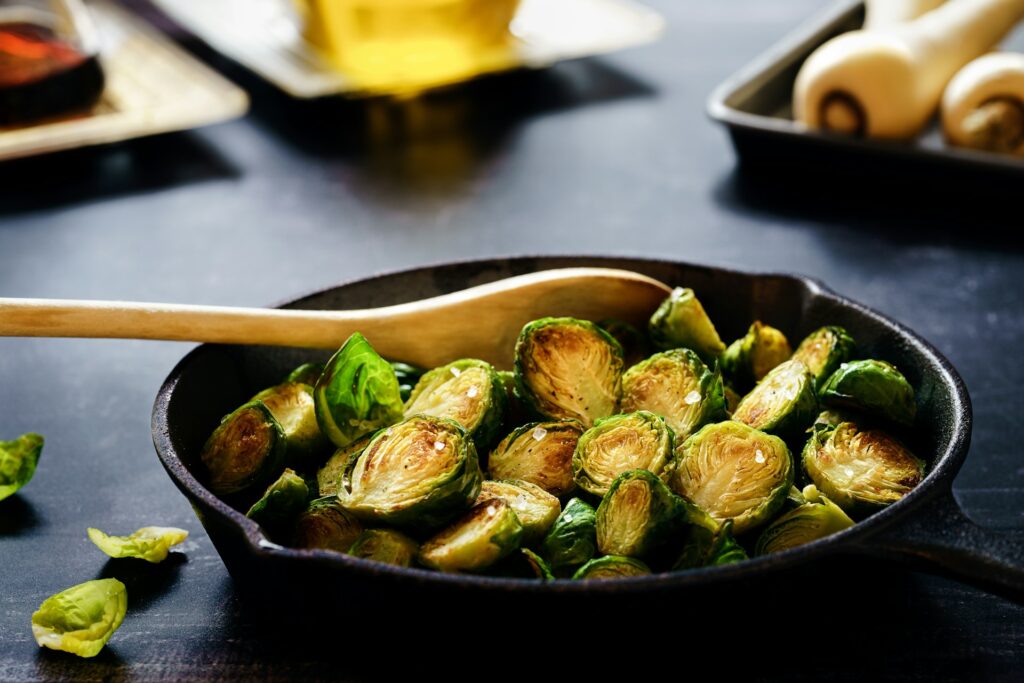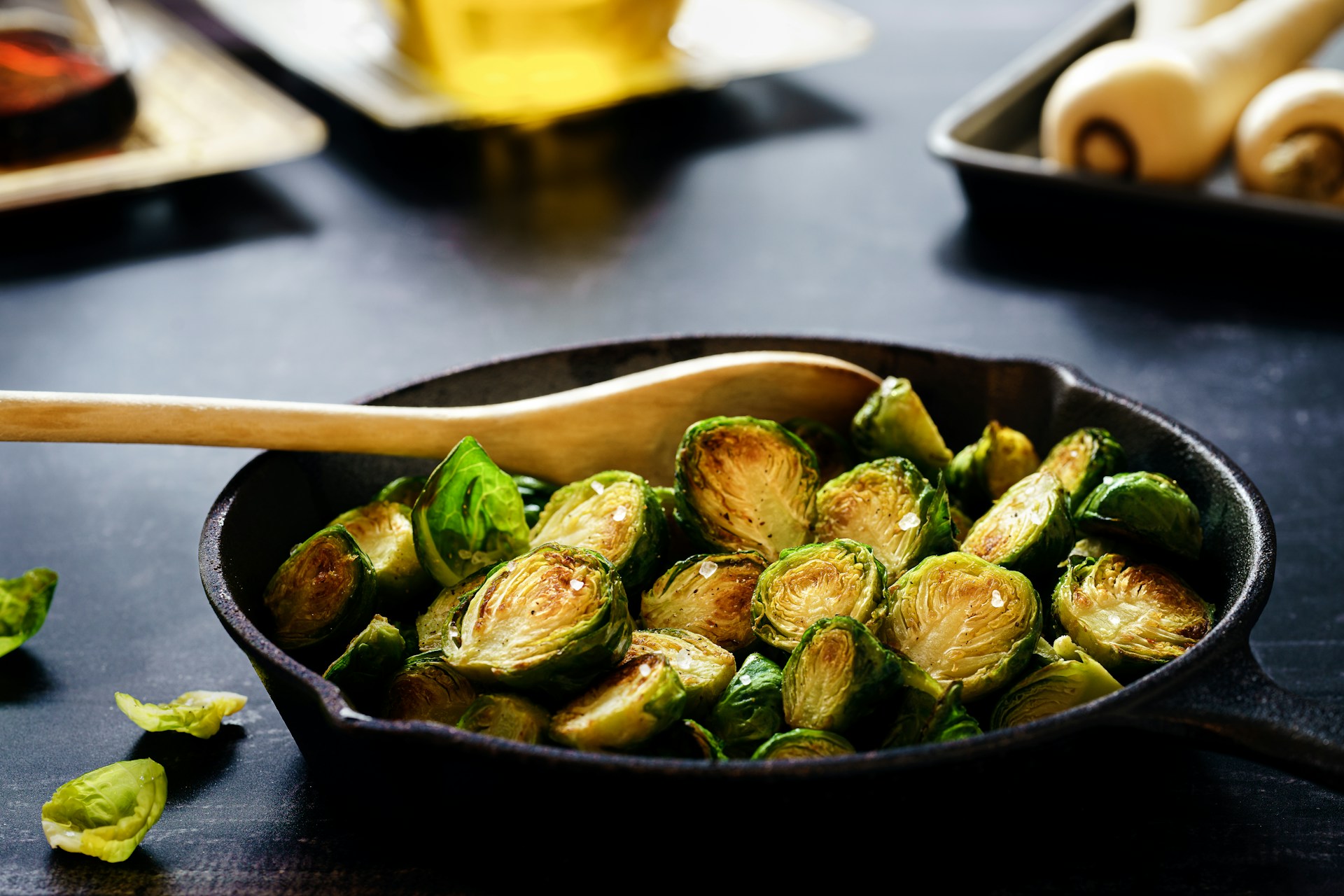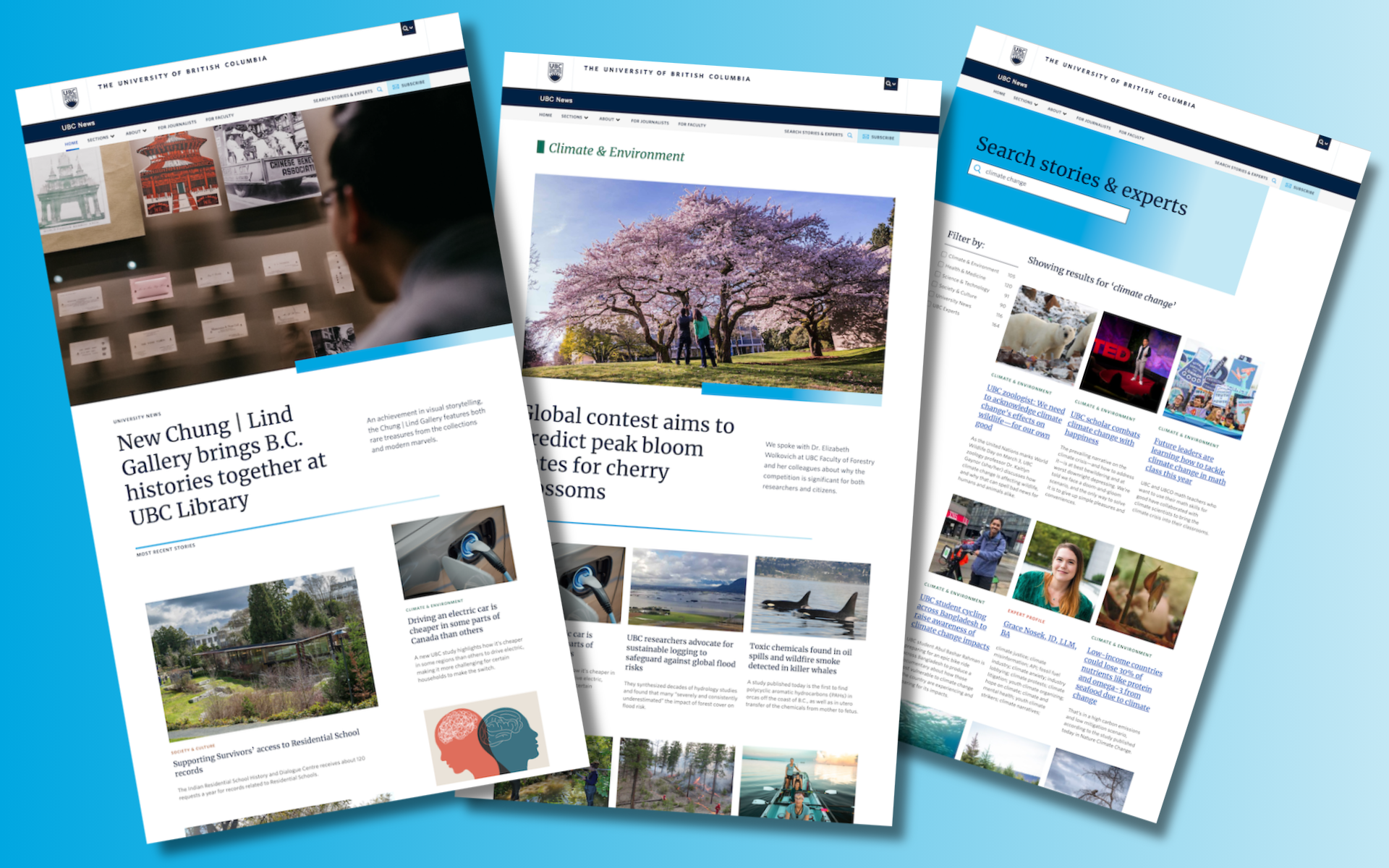global warming
-

Companion animals in the climate crisis: How pet owners can reduce their environmental impacts
Pet ownership doesn’t have to be so tough on the planet, according to new UBC research. In this Q&A, Dr. Alexandra Protopopova shares why it’s important to make pet ownership sustainable, reduce waste, and more.




